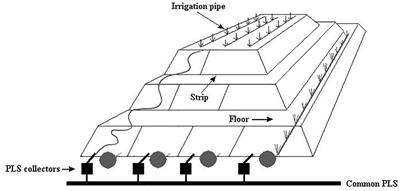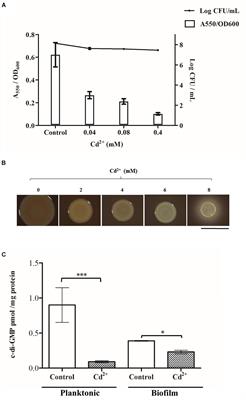CORRECTION
Published on 30 Aug 2019
Corrigendum: The Response of Cupriavidus metallidurans CH34 to Cadmium Involves Inhibition of the Initiation of Biofilm Formation, Decrease in Intracellular c-di-GMP Levels, and a Novel Metal Regulated Phosphodiesterase
doi 10.3389/fmicb.2019.02014
- 1,077 views
- 1 citation











